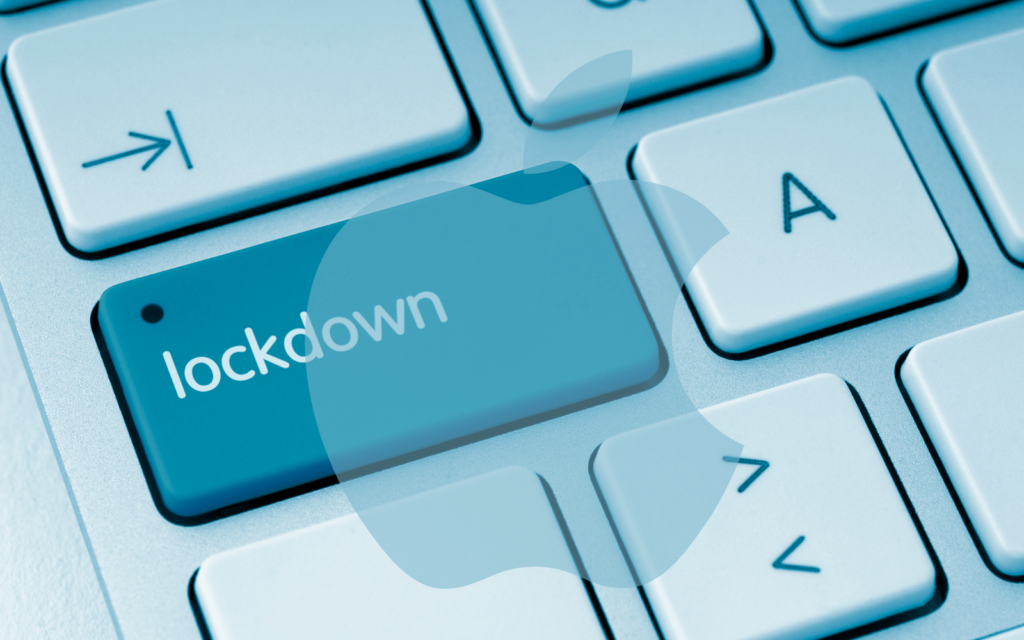Security is an issue for just about everyone on the planet right now. Even if you don’t use electronic devices regularly, you should remain cognisant about your data floating around in other places. One neglected area when it comes to data security is mobile phones. Apple’s got a plan for that, called ‘Lockdown Mode’.
By the sound of it, this is one Lockdown you’re going to want to participate in. Apple’s new feature is expected to launch a little later this year. When it does, it’ll help protect basically any Apple device with an operating system. iPhones, iPads, and MacBooks will all have access to the new feature.
Lockdown complete?
But why would you want to use it? Well, Lockdown Mode is an enhanced security mode designed to keep your device from being exploited. It plugs a couple of holes that were previously used to unlock iPhones or allow remote access to them. When active, attachments sent to the Messages app are blocked. The feature also disables wired data connections when active. Both of these were previously used as attack vectors by companies NSO Group and Cellebrite.
Read More: The iPhone turns 15: a look at the past (and future) of one of the 21st century’s most influential devices
It’s not something the average person might need, but those operating in the legal, journalism or business spheres will probably find it useful. Anyone who is particularly security-minded will also be pleased to have the option. Lockdown Mode is designed to protect against so-called ‘zero-click’ exploits. These don’t need user gullibility to work, but they also tend to be reserved for special targets.
Apple’s quite serious about its Lockdown function. So much so that the company is offering a bug bounty of $2 million (R33.6 million) for each flaw discovered in the feature. The company is also establishing a new grant intended to support groups that prevent hacking. The grant will also be funded by the proceeds of an ongoing lawsuit with NSO Group.
Source: Reuters
